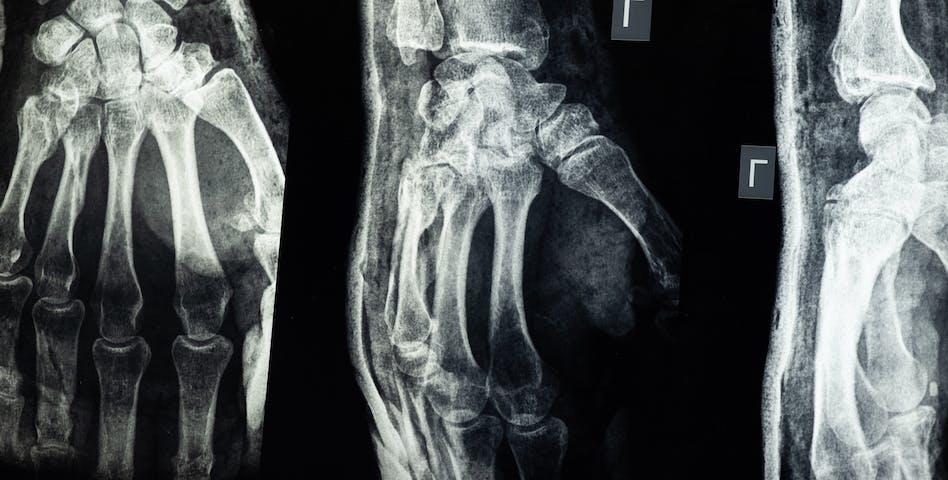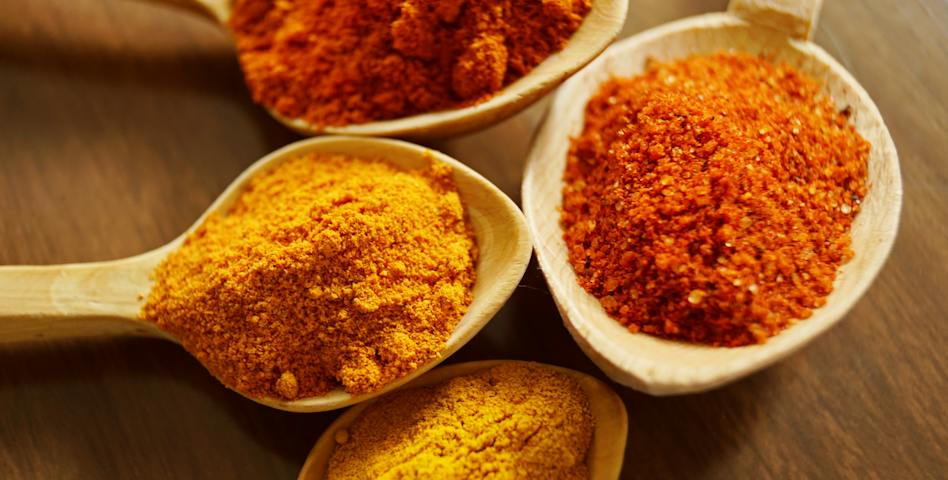Living with nerve injuries can be challenging, often accompanied by discomfort and pain. While medical treatments and physical therapy play a crucial role in recovery, the food we consume can also significantly impact the healing process. Proper nutrition can provide essential nutrients that support nerve health and aid in the regeneration of damaged nerves. In this article, we'll explore the best foods to eat during nerve injury, focusing on their benefits and how they contribute to the healing process.

Understanding Nerve Injuries
Before delving into the best foods for nerve injury, it's essential to understand the nature of nerve injuries and their impact on the body. Nerves play a vital role in transmitting signals and information, both sensory and motor. When nerves are damaged, it can result in pain, numbness, tingling, and muscle weakness. Proper nutrition can help speed up the recovery process.
You Can't Miss On This!
Omega-3 Fatty Acids
Omega-3 fatty acids, found in fatty fish like salmon, mackerel, and walnuts, have anti-inflammatory properties that can help reduce nerve inflammation. Inflammation is a common response to nerve injuries and can exacerbate pain and discomfort. Incorporating omega-3-rich foods into your diet can alleviate these symptoms and promote healing.
Antioxidant-Rich Fruits and Vegetables
Fruits and vegetables, particularly those rich in antioxidants like berries, citrus fruits, and leafy greens, play a crucial role in reducing oxidative stress. Oxidative stress can damage nerve cells and slow down the healing process. Antioxidants help combat this stress and protect nerve cells from further harm.
Vitamin B-Rich Foods
Vitamin B complex, including B1, B2, B6, B9, and B12, is essential for nerve health and repair. Foods like lean meats, eggs, dairy products, and leafy greens are rich in these vitamins. Vitamin B supports the myelin sheath, which protects nerve fibers and aids in nerve cell regeneration.

Protein Sources
Proteins, found in lean meats, poultry, fish, and legumes, are crucial for nerve repair. Amino acids, the building blocks of proteins, are necessary for tissue regeneration, including nerve tissues. Adequate protein intake can speed up the recovery of damaged nerves.
Whole Grains
Whole grains like brown rice, quinoa, and whole wheat bread provide a steady source of energy. This energy is essential for the body to repair and regenerate nerve cells. Whole grains also contain essential vitamins and minerals that support overall nerve health.
Healthy Fats
Healthy fats, such as those found in avocados, nuts, and olive oil, help maintain nerve cell membranes. They provide stability to nerve cells, allowing for efficient transmission of signals. Including healthy fats in your diet can aid in nerve regeneration.
Ginger and Turmeric
Ginger and turmeric are known for their anti-inflammatory and analgesic properties. They can help reduce pain and inflammation associated with nerve injuries. These spices can be incorporated into your diet through teas, smoothies, or as seasonings in your dishes.

A Golden Tip!
Hydration
While not a food, proper hydration is crucial for nerve health. Dehydration can exacerbate nerve pain and hinder the body's ability to repair damaged nerves. Drinking an adequate amount of water daily supports overall nerve function.
Golden Idea for Nerve Health
In addition to incorporating these nerve-supporting foods into your diet, it's important to consider nerve health supplements like Nerve Defend. It is a comprehensive nerve support formula that contains a combination of vitamins, minerals, and herbal extracts designed to support nerve health and regeneration. It is specifically formulated to aid in the recovery of nerve injuries, reduce pain, and promote overall nerve well-being.

Conclusion
Living with nerve injuries can be challenging, but the right foods can make a significant difference in the healing process. Omega-3 fatty acids, antioxidants, vitamin B-rich foods, protein sources, whole grains, healthy fats, and spices like ginger and turmeric all play a vital role in promoting nerve health and recovery. Additionally, staying hydrated is essential for overall nerve function. For a comprehensive approach to nerve health, consider incorporating a specialized nerve support supplement. Such supplements can complement your diet and help you on your journey to nerve injury recovery.


